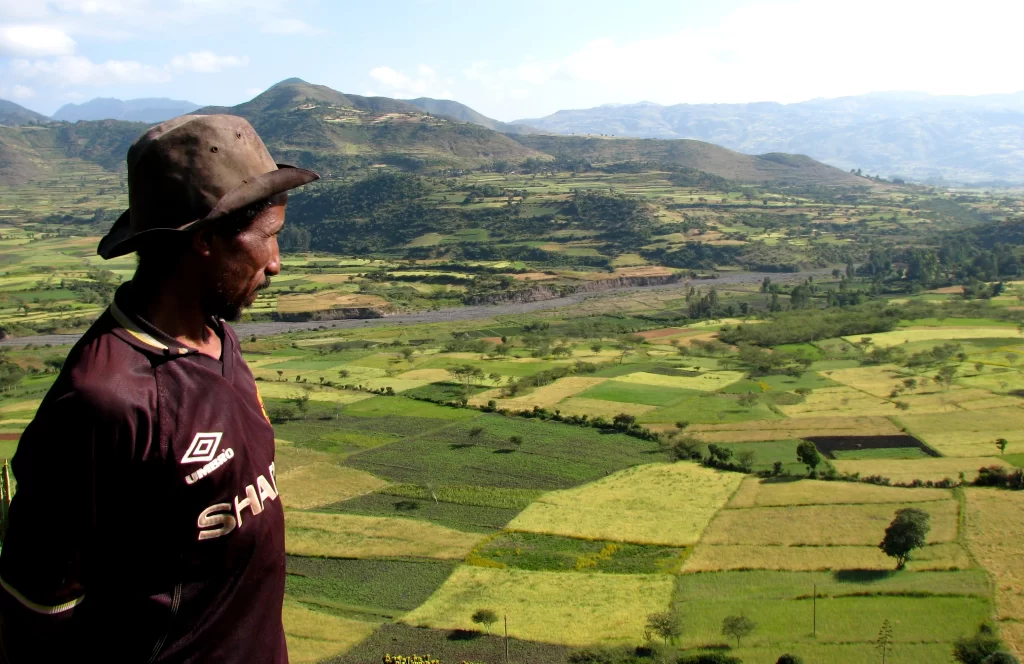
Ethiopia needs an additional USD 4.6 billion per year between now and 2030 to successfully boost the sustainability and resilience of its strained food systems, says a new report.
The report, Achieving Sustainable Food Systems in a Global Crisis: Ethiopia, notes that the investment would end hunger, make diets healthier and more affordable for 108 million people, double the incomes of 11.7 million small-scale producers, and mitigate and adapt to climate change.
Published by the International Institute for Sustainable Development (IISD) and the International Food Policy Research Institute (IFPRI), the report says that without filling the funding gap, significant levels of hunger, malnutrition, and poverty will persist after 2030.
The conflict in Tigray, desert locust invasions, economic slowdown, skyrocketing food, energy and fertilizer prices, and climate change are expected to worsen poverty and hunger levels in Ethiopia by 2030.
Development partners need to provide USD 2.7 billion up from the current USD 659 million, with the remainder, USD 1.9 billion, to be provided via domestic sources.
“The report shows that it is possible to achieve sustainable food system transformation in the next decade by increasing public investment and targeting it on a more effective portfolio of interventions that achieve multiple sustainable development outcomes,” concludes the report.
“Donors should simultaneously increase emergency food assistance while ensuring this is complemented with an increase in longer-term investments to build resilience and help mitigate against future shocks and crises,” it adds.
Amid a changing climate that threatens to reduce agricultural productivity by 3% to 30%, the additional investments will support climate-resilient agriculture and resource conservation while limiting greenhouse gas emissions in line with Ethiopia’s climate action plans.
The report recommends that investments should focus on sustainably boosting smallholder productivity and incomes, tackling post-harvest losses and food waste and strengthening institutional capacity to monitor, analyze, and inform on progress in food systems transformation. It also calls for nutritional education, and social protection programs, including cash transfers, for vulnerable people to be prioritized.
The findings are based on a review of academic and grey literature, donor-funded projects, micro- and macroeconomic modeling, and engagement and consultations with key stakeholders in Ethiopia.
The recommendations align with Ethiopia’s Food Systems Pathway, which emerged from the United Nations Food Systems Summit in 2021 to promote healthy and sustainable diets.